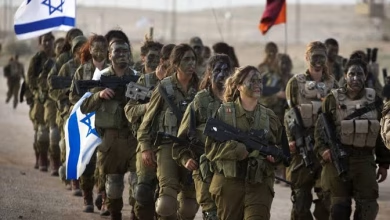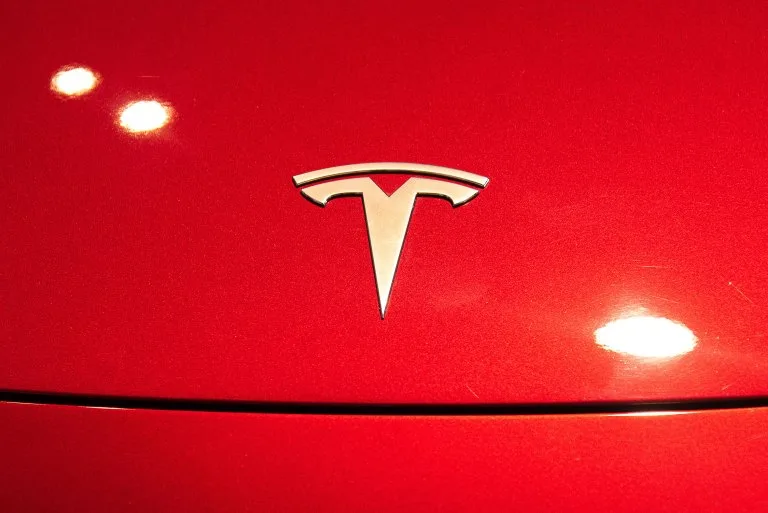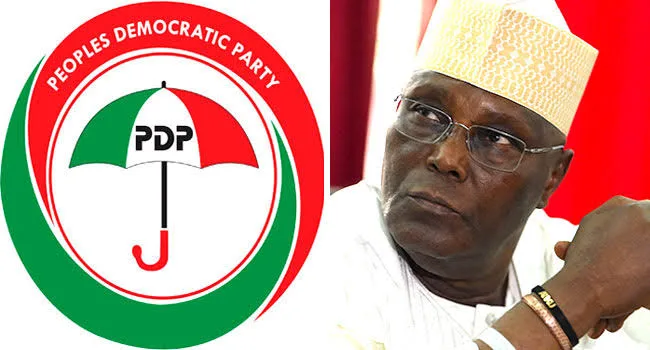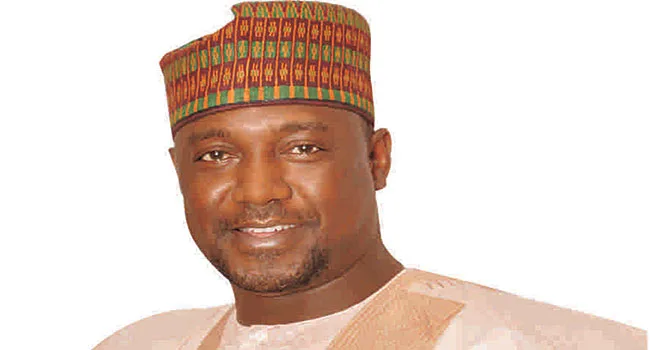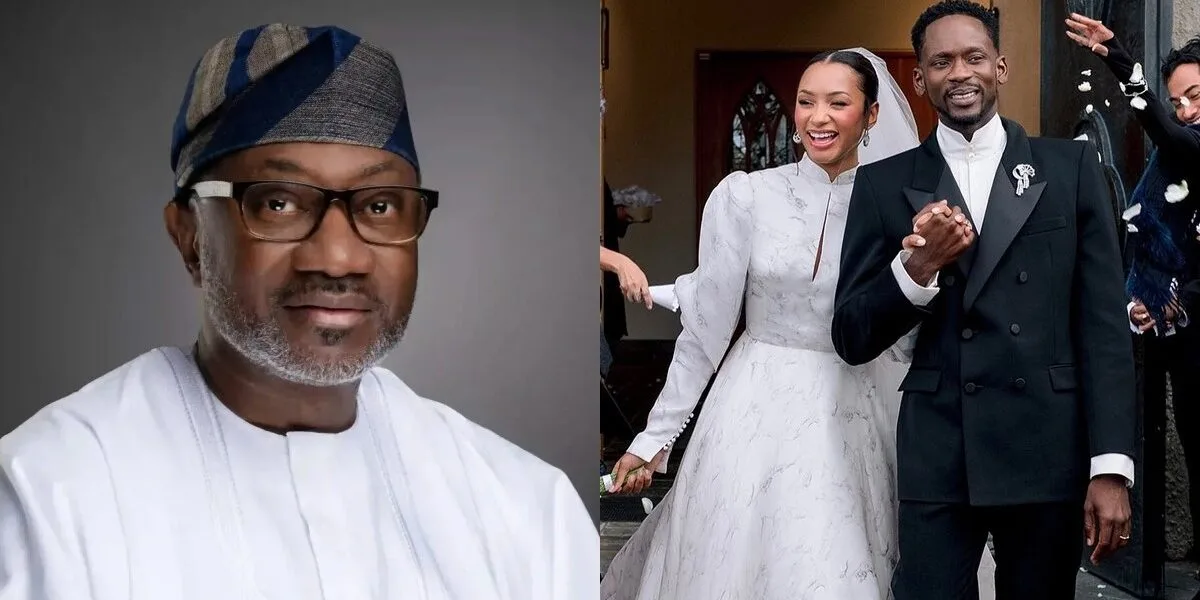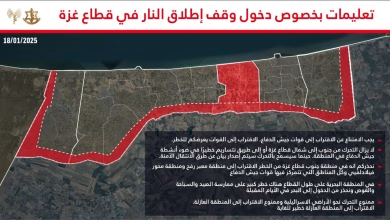
Student Protests Erupt in Dhaka After Deadly Military Jet Crash Claims 31 Lives

In the heart of Dhaka, grief has turned into outrage.
Hundreds of students took to the streets on Tuesday, rallying near the site where a Bangladesh Air Force training jet crashed into a school building the day before. The protest was loud and emotional, as students demanded three things: accountability for the incident, compensation for the families of the victims, and an immediate halt to all military training flights over populated areas.
Video Credit: APnews
What triggered the unrest was more than just a tragic accident—it was a moment that exposed deeper cracks in the system. Monday’s crash killed 31 people, including 25 students, one teacher who reportedly ran back into the burning building to help others, and the pilot, who was on his first solo flight. The aircraft came down on Milestone School and College, a packed two-story campus in the densely populated Uttara neighborhood.
The city, still carrying the scars of last year’s student uprising that led to the fall of the prime minister, is once again feeling the weight of youth-led resistance. Protesters blocked major roads in Dhaka, while some entered administrative buildings, prompting security forces to respond with tear gas and stun grenades.
At least 171 people were rescued from the scene, most of them students. Many remain hospitalized with severe burns.
Tuesday was declared a national day of mourning. Across the country, flags flew at half-mast and schools paused to remember the lives lost. The military confirmed it had opened an investigation into the crash, but notably, the civil aviation authority is not involved a detail that has raised further questions among students and families.
The protest isn’t just about one crash. It’s about what it represents. It’s about the fear that something preventable happened and no one was held responsible. It’s about students who feel unheard, even as they bury their classmates. And it’s about a generation that’s no longer waiting quietly for change, they’re demanding it, face to face with power.
For many in Dhaka, this isn’t just a moment of mourning, it’s a moment of reckoning.

